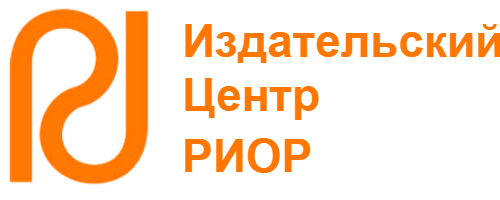Russian Library and Bibliographic Classification 67
The article examines the circumstances to be proven in criminal cases of fraud.
proof, criminal case, fraud
In recent years, the state of fraud has tended to increase, with very serious consequences for society. Practice shows that in the process of investigating fraud, many difficulties arise, especially at the stage of detection, collection, assessment and use of evidence. Such as: Lack of evidence to prove a crime, criminals or to clarify a certain fact in the case; the collected evidence does not provide for the requirement of the Law (objective, reliable, admissible, related). Moreover, in some cases, the investigator has not yet effectively collected evidence.
According to Art. 85 of the Criminal Procedure Code of the SRV 2015, when investigating a criminal case in general, and investigating fraud in a private one, the investigator must determine the following circumstances:
– First, the fraud event (time, place, method and other circumstances of the crime). In each case, it is necessary to prove in the affirmative that the criminal act was committed in reality. Full and comprehensive identification of the circumstances associated with fraud is very important for the accurate classification of this crime. All of these are included in the objective signs of fraud.
– Secondly, who committed the fraud, his guilt in committing a crime, the form of his guilt and motives. The investigator must prove that the person's action was committed in the direct form of guilt with a selfish purpose.
– Thirdly, the nature and extent of the harm caused by the crime. The nature and amount of harm caused by criminal acts play an important role in qualifying a crime, determining the degree of criminal responsibility of the defendants, and also for compensation for harm.
– Fourthly, circumstances mitigating and aggravating punishment. Such circumstances are established by Art. Art. 51, 52 of the Criminal Code of the Socialist Republic of Vietnam 2015.
– Fifth, the condition and reason for committing fraud; circumstances excluding criminality and punishability of the act. These circumstances are not only important for the imposition of punishment, but also for the prevention of this crime.
When qualifying fraud, authorized persons should note the following:
– the difference between fraud and misappropriation and or waste. Fraud under Art. 174, and misappropriation or waste, established by Art. 175 of the Criminal Code of the Socialist Republic of Vietnam. In case of fraud, the purpose of the crime arises earlier than the moment when a person possesses someone else's property, and in case of misappropriation or embezzlement, the purpose of the crime arises after the person possesses someone else's property from the owner. In addition, the minimum amount for the initiation of a criminal fraud is 2,000,000 dong (approximately $ 100), and for embezzlement and embezzlement — 4,000,000 dong.
– compliance with the rule of Law when investigating fraud. Compliance with the rule of Law in the criminal investigation process is essential. Only when conducting investigative actions in accordance with the provisions of the Law can this activity be carried out objectively, comprehensively and accurately.
When investigating fraud, the investigator must comply with the provisions of the Joint Circular No. 01/2017 / TTLT-BCA-BQP-BTC-BNN & PTNT-VKSNDTC “On the organization of reception, registration and verification of reports of crime”, the Code of Criminal Procedure, the Criminal Code and Law No. 99 / 2015 / QH13 “On the organization of the investigative action”.
– Storage of material evidence and resolution of a civil claim in a criminal case of fraud.
1. The Criminal Procedure Code of the Socialist Republic of Vietnam. 2015.
2. The Criminal Code of the Socialist Republic of Vietnam. 2015.
3. Joint Circular № 01/2017 / TTLT-BCA-BQP-BTC-BNN & PTNT-VKSNDTC “On the organization of reception, registration and verification of crime reports”.
4. Law № 99/2015 / QH13 “On the Organization of Investigative Action”.




